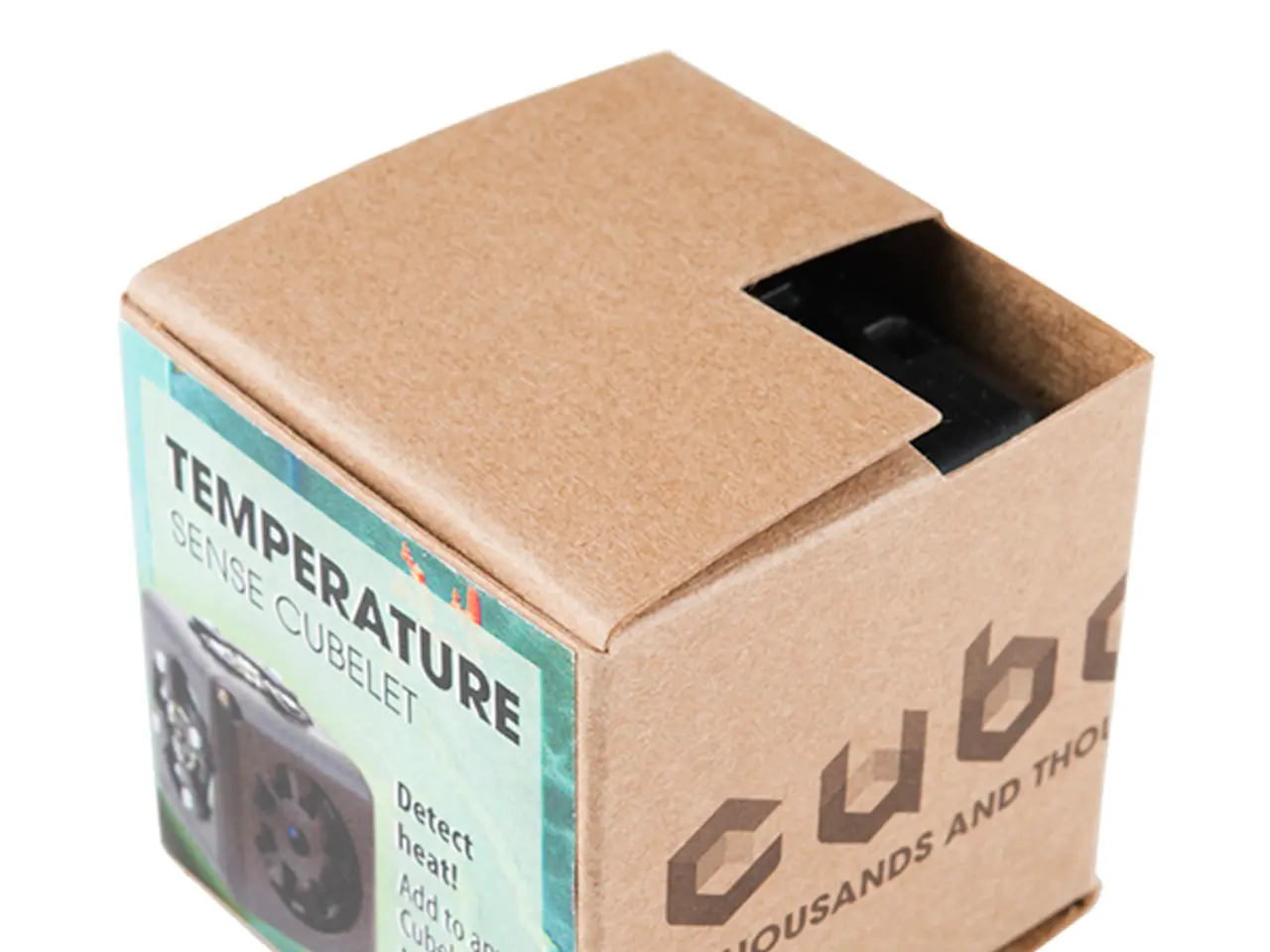U.S. camera lens buyers face sky-high delivery fees of $2,000 due to tariffs disputes - certain vendors impose excessive shipping charges to deter American customers
In a significant shift, the recent tariff and import tax increase has taken a toll on online shoppers and the tech industry, as many goods are manufactured outside of the U.S.
The change, implemented in July 2025, has eliminated the de minimis exemption for goods coming from China, Hong Kong, and the rest of the world. This means that imports to the U.S. are now subject to customs duties and import taxes, regardless of their value being less than $800.
The new regulations have left many consumers, particularly online shoppers, facing increased costs on imported goods. For instance, a customer might find themselves facing a $1,196.12 "government charges" bill and a brokerage fee of $128.17, after purchasing $640 worth of oven replacement parts from Canada. Similarly, a $77 shirt from a Swedish brand could cost an additional $42.35, on top of a $30 shipping fee.
To counteract these increased costs, some sellers have resorted to charging exorbitant shipping fees. In some cases, the shipping fee can be more than $500, significantly more than the actual product price. This is a strategy used by sellers on platforms like eBay, with the intention of deterring Americans from purchasing their items.
Major international shipping companies like FedEx, DHL, and UPS have reported customer confusion due to these new tariffs and taxes. While FedEx and UPS have continued operations without noted issues, DHL significantly limited shipments from Germany to the USA, only allowing gifts under $100. Customs processing fees during a six-month transition period range from $80 to $200.
The payment process for the new tariffs can sometimes be confusing, leading to further frustration for American buyers. Some may not understand how tariffs work and leave negative feedback on sellers, affecting their profiles on platforms like eBay.
Despite these challenges, it appears that this tariff and import tax increase has particularly affected the tech industry, as many tech goods are manufactured outside of the U.S. For example, a camera lens from Japan priced at around $320 may come with a $2,000 delivery fee to the U.S.
In response to these changes, some sellers have opted to pay tariffs upfront, while others pass on the costs to the recipient. However, the person who bought the item is ultimately responsible for import taxes.
This shift has undoubtedly made online shopping more expensive for many Americans, and it remains to be seen how this will impact the tech industry and e-commerce market in the long term.
Read also:
- Indian Oil Corporation's Panipat Refinery secures India's inaugural ISCC CORSIA accreditation for Sustainable Aviation Fuel production
- Ford Bets on an Affordable Electric Pickup Revolution with a $30,000 Design
- Rapid Charging Stations for Electric Vehicles Avoiding Grid Overload
- TikTok's Artificial Intelligence Regulation Approach Meets Stiff Opposition from German Trade Union







